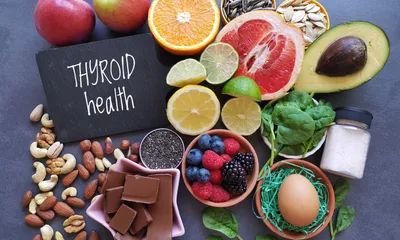Lice
-
Description
-
Signs & Symptoms
-
Anatomy
-
Cause
-
Diagnosis
What is Lice?
Lice is a parasitic infection and named for the tiny insects (lice) that latch onto the skin of the scalp, body, and pubic area and draw blood. They move towards areas of skin covered by hair because female lice produce a sticky substance that is used to attach eggs to the base of hair shafts where they emerge from the follicle. Head lice, body lice, and pubic lice (crabs) can all be readily spread through direct and indirect contact and will move between hosts at every opportunity. Lice is a very contagious infection for this reason.
What Causes Lice?
Lice are always acquired by coming into contact with them and this contact can be made through closely stored belongings in shared storage spaces, contact with furniture that has lice present on it, sharing grooming items or items of clothing between friends or family members, or for public lice with instances of sexual contact.
Lice must be dealt with as immediately as possible because they are known to spread quickly when people are in close proximity to each other in contained areas. School environments with young children are regularly occurring examples of this.
Lice Symptoms
People with lice are going to have intense itching in the affected areas or may have a tickling sensation when hair on the head is moved. Lice may also be spotted at the nape of the neck or over the ears, and nits (lice eggs) may be visible on hair shafts and the frontal hairline. There may also be sores on the neck, scalp, or shoulders, or bite marks that are just outside affected areas that have hair cover.
Lice Treatment
The most conventional approach to lice treatment is to have the sufferer using a medicated cream or shampoo that contains Permethrin, as it is toxic to lice and will kill them and their eggs / larvae quickly. A doctor may also recommend use of an oral lice killer medication like Stromectol that is similarly effective to get rid of lice on the head or body. Natroba may be a possibility for a severe and stubborn head lice infestation, and it is another powerful lice treatment medication.
Special machines that use hot air to dehydrate head lice may also be a possibility for young children who are unable to use parasiticide medications. However, these machines are only operated in a clinical environment and by a trained individual.
Signs & Symptoms
- Intense itching in affected areas
- Tickling sensation when hair is moved
- Lice visible at the nape of the neck or over the ears
- Nits (lice eggs) visible on hair shafts
- Sores on the neck, scalp, or shoulders
- Bite marks near affected areas
Anatomy
- Scalp
- Hair follicles
- Skin (neck, body, pubic area)
Cause
- Direct contact with lice
- Shared belongings in close storage spaces
- Contact with infested furniture
- Sharing grooming items or clothing
- Sexual contact (for pubic lice)
Diagnosis
- Physical examination for lice and nits
- Microscopic inspection of lice or eggs



